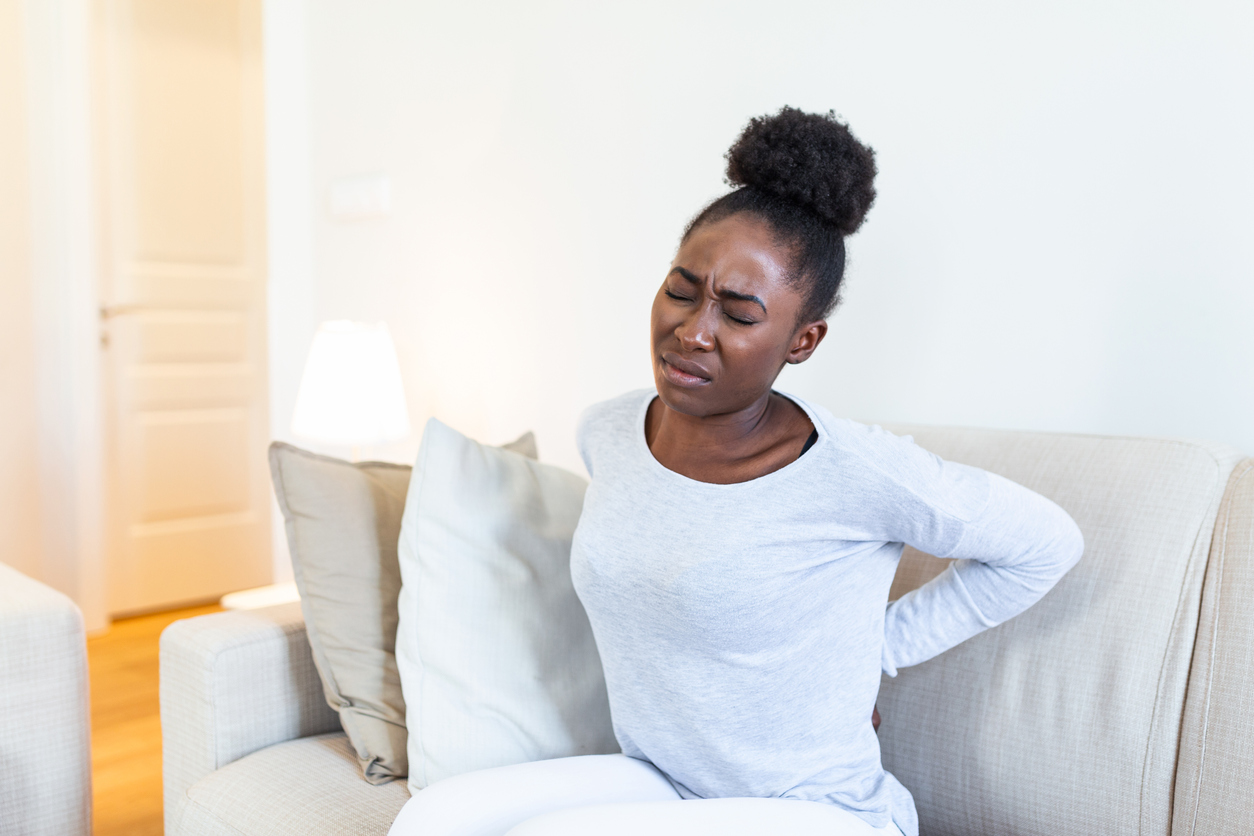Chronic idiopathic constipation is when someone has constipation for more than 3 months, with no obvious cause.
If you have constipation, you’ll usually have symptoms including:
- straining or feeling pain when you poo
- passing large, hard, dry or lumpy poos
- pooing no more than 3 times a week
- tummy pain
- feeling bloated or sick
How is a chronic idiopathic constipation diagnosed and treated?
Constipation can be treated by making lifestyle and dietary changes like doing more exercise, drinking plenty of fluids every day and eating more high-fibre foods, like wheat bran and oats.
Making sure you go to the toilet at the same time and place each day can also help. Don’t make yourself wait when you need to poo, and try to give yourself enough time to use the toilet.
Using a low stool when pooing can make things easier by raising your knees above your hips.
Medicines that can help you poo more easily (laxatives) may also help, but these should only be taken for a short time. Speak to a doctor or pharmacist for advice on the best laxatives for your symptoms and how to safely take them.
In some cases, a doctor may give you some tests to try and find out if you have a medical condition that’s making you constipated.
These tests may include:
- blood tests
- imaging tests, like a barium enema
References
- Constipation | Topics A to Z | CKS | NICE [Internet]. Cks.nice.org.uk. 2020 [cited 2 December 2020]. Available here.
- Constipation [Internet]. nhs.uk. 2020 [cited 2 December 2020]. Available here.
- Constipation - Symptoms, diagnosis and treatment | BMJ Best Practice [Internet]. Bestpractice.bmj.com. 2020 [cited 2 December 2020]. Available here.






